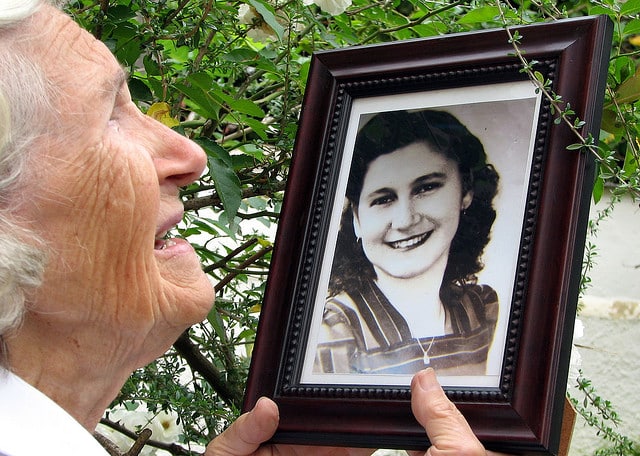In an amazing study, Danner, Snowdon and Friesen wanted to investigate the criteria’s that prolong our lives. They took the samples of 678 nuns, from the years between 1930-1940, who were on average 22 years old, and evaluated autobiographies they had written when seeking entry into a convent. They choose nuns as they lived very similar lives, spent their time with the same activities, followed the same routines, and enjoyed the same nutrition and health habits.
The researchers analyzed the complexity of the essays (intelligence), the place of residence of the applicants, and the level of their faith, to see if there was any correlation to longevity with regards to intelligence, residence and faith, but with no success.
Interestingly however, the one factor that made a significant difference was the level of positivity expressed in their essays. They divided the autobiographies into four groups, the 25% most positive biographies (high positive group) , two groups in between, and the 25% that seemed the least positive (low positive group). Here an example from the low positive group and the high positive group:
Sister 1 (low positive emotion): I was born on September 26, 1909, the eldest of seven children, five girls and two boys…. My candidate year was spent in the Motherhouse, teaching Chemistry and Second Year Latin at Notre Dame Institute. With God’s grace, I intend to do my best for our Order, for the spread of religion and for my personal sanctification.
Sister 2 (high positive emotion): God started my life off well by bestowing upon me a grace of inestimable value…. The past year which I have spent as a candidate studying at Notre Dame College has been a very happy one. Now I look forward with eager joy to receiving the Holy Habit of Our Lady and to a life of union with Love Divine.

In 1990, when the study was made, 42% of the nuns had passed away. The surviving ones were now aged between 72 years and 90 years. The astounding result was that 90% of the high positive group were still alive at the age of 85 years old, compared to 34% of the low positive group. And at the age of 94, 54% of the most cheerful group were still living, compared to 11% of the lowest group.
So how can we become more positive? Robert Emmon and Michael McCullough divided people for their research into four groups: The first was asked to write 5 things they were grateful down on paper every night, for a whole month; the second group were asked to write down 5 daily hassles; the third group wrote down five things every evening of how they were better than others. And the final group was the control group. The group then measured each group’s level of optimism, happiness, physical health (visits to doctors), generosity and success, and found that the gratitude group did best on all these criterias, while the “hassle group” did worst.
The conclusion of this study was that by simply writing down 5 things every day, for which we are grateful, we can feel more happily and positive. This is especially so, when we maintain freshness while doing so, by literally visualizing what we are specifically grateful for, when writing down each item of our list. As it literally takes less than a few minutes, I would love to challenge you to try this. I know I will 😉